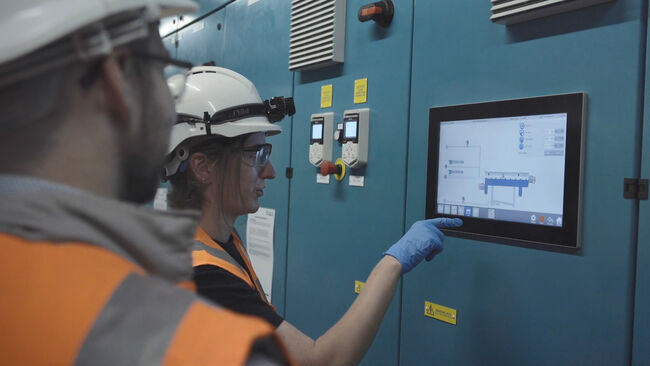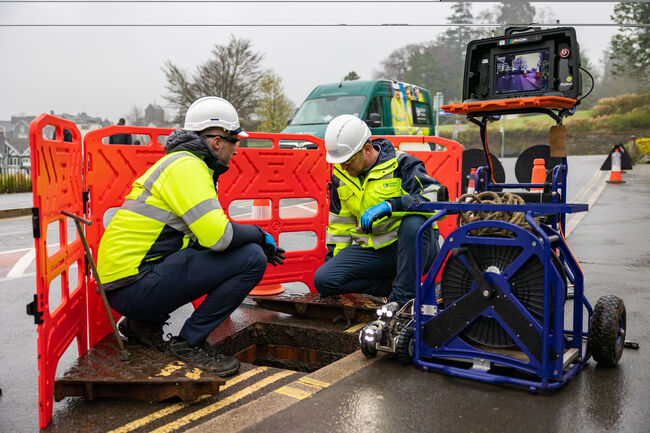
Views
AI: a tool to accelerate reduction in sewage spills
At the end of June, Northumbrian Water unveiled plans for a £20 million AI project to drastically reduce the number of spills from its storm overflows across Tyneside. In a double pronged approach using thousands of miniscule sensors coupled with AI-engineered flow machinery, it will use storm forecasts to identify which individual pipes are most susceptible to overloading and re-distribute the flows among a broader network of pipes, removing the risk of spills due to overloading.
This exciting development is not unique. Companies are investing millions of pounds into tools and projects to remove overflow spills - and the impact they can have -from the environment. Southern Water for example has been piloting “Centaur Gates” in the Isle of Wight and Whitstable, which use AI to predict flow levels along the pipes and compartmentalize them using “gates” to prevent them from overloading; the pilot has seen a significant reduction in spills. In 2018, United Utilities became the first water company in the UK to embed AI into its operations, automating CCTV review for asset repairs; the project was a collaboration between the utility’s Innovation Hub and the Australian, female-founded, AI firm Vapar.

The water industry is awash with plans to harness AI to bring greater value-add for customers. While industry awaits word from the regulator Ofwat on approval of its £100 billion investment programme, technical and innovation teams on the ground are piloting scalable schemes to make sure time isn’t lost for the environment or customers. The proposed investment programme currently under scrutiny by Ofwat puts forward a portfolio of overflow reduction programmes of which a quarter uses nature-based engineering, including water butts connected to the roofs of large buildings such as schools, hospitals and public buildings, which slow the flow of rainwater and the subsequent burden on sewers, or Severn Trent’s Environmental Protection Scheme, which works hand in hand with farmers on watercourse fencing to protect waterways from pesticide runoff, while also protecting natural habitats along the riverbank. By adding AI to existing operations, companies are hoping to accelerate environmental improvements whilst also reducing costs for customers. We just need Ofwat to approve the £100bn investment so companies can get on with it.
For more information on companies’ ambitious sewage reduction plans, please visit the National Storm Overflow Plan for England interactive map and report, here.




